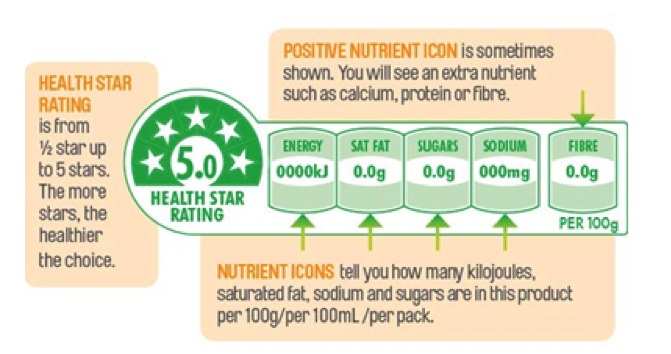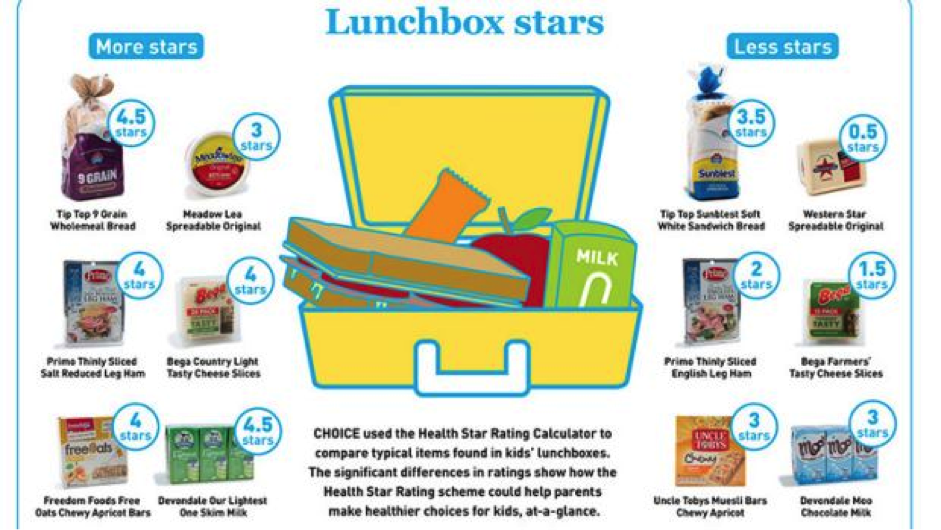Farming men, women and workers often work long hours and need a lunchbox packed with healthy food to keep them fuelled and energised for the farming task at hand. At certain times of the year lunch is often eaten ‘on the go’.
Coming up with a nutritional lunchbox and having food items that are easy, appealing to eat and also store well in a lunch box can be a challenge. Being familiar with The Australian Guide to Healthy Eating and recommended daily servings can assist with incorporating the five core food groups into your lunchbox.
The bulk of foods in a lunchbox should come from:
- vegetables & legumes/beans
- grain foods (most wholegrain or high cereal fibre varieties)
Followed by:
- lean meat and poultry, fish, eggs, tofu, nuts and seeds and legumes/beans
- milk, yoghurt, cheese and/or their alternatives (mostly reduced fat)
- fruit
With a small touch of:
A farmer lunchbox which provides a range of foods from a variety of food groups is a key ingredient to fuelling a successful day’s work. A healthy lunchbox will:
- promote health and wellbeing
- reduce the risk of diet-related conditions, such as high cholesterol, high blood pressure and obesity; and
- reduce the risk of chronic diseases such as type 2 diabetes, cardiovascular disease and some types of cancers.
For more information on food variety and how to eat healthily visit Better Health Channel
Healthy Eating Tips for the Farmer Lunch Box
- choose healthy fats instead of saturated and trans fats
- limit salt and added sugar
- limit high kilojoules/calorie food and drink
- eat well – have a healthy breakfast, don’t skip meals & snack on healthy snacks
- switch to eating mainly low GI carbohydrates (oats, barley or bran-based cereals, grainy breads, a variety of fruit and vegetables, a variety of carbohydrate-containing foods) as they provide a more sustained source of energy
- prepare and store food safely
Drink plenty of water
Hydration is important and water is a vital nutrient. Farming men and women should always have a water bottle packed and drink plenty of it throughout the day. It may be an idea to have a number of drink bottles filled with water in a convenient location (eg. shearing shed fridge)—then you can grab them as needed throughout the day. There are many benefits of drinking water and keeping hydrated.
- increases energy & relieves fatigue
- promotes weight loss
- flushes out toxins
- improves skin complexion
- maintains regularity
- boosts immune system
- natural headache remedy
- prevents cramps & sprains
For more information on the importance of drinking water visit Better Health Channel
Health Star Ratings
A Guide to Healthier Farmer Lunchboxes
The Health Star Rating is a front-of-pack labelling system that rates the overall nutritional profile of packaged foods and assigns a rating from ½ a start to 5 stars. It is a quick, easy and standard way to compare similar packaged foods. It is important to note; this tool should be applied using a combination of label reading and common sense and not as a standalone source of dietary advice in making healthier choices.


The more stars, the healthier the choice! Read more
Looking for inspiration
Better Health Channel
Lunch box tips
Healthy cooking tips
Fast facts:
- Healthy eating is essential for health and wellbeing.
- At times during the farming year, farmers and workers may require a packed lunchbox due to long hours of work.
- Increase your knowledge on the 5 core food groups and recommended servings to assist in placing healthier choices in lunchboxes.
- Use the Health Star Rating system to assist with buying healthy packaged foods for the lunchboxes.
- Drink plenty of water to avoid dehydration.
- Care, prepare and store food safely.
References used for this topic
More information:
Australian Government
Eat for Health – The Australian Guide to Healthy Eating
Nutrition Australia
Healthy Eating Pyramid
Better Health Channel
Healthy eating
Clinical care:
National Health and Medical Research Council
Dietary Guidelines 2013
Nutrition Australia
Nutrition fact sheets
Research & reviews:
World Health Organization (WHO)
Diet, Nutrition and the Prevention of Chronic Disease
Australia Institute of Health and Welfare
Diet and Nutrition
|
|